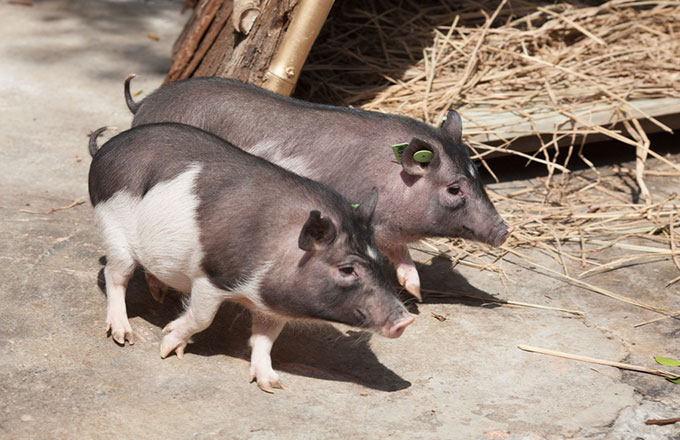No evidence of human transmission: WHO
The World Health Organization reiterated on Friday there is still no evidence of sustained human-to-human transmission of the new strain of H7N9 bird flu or reports of infection in animals outside China.
"The WHO is taking H7N9 seriously but we don't want to overstate the threat," said Michael O'Leary, WHO Representative in China.
 |
|
Sanniao Market, the largest bird market in Zhuhai, Guangdong province, is disinfected on Friday. [Photo by Li Jianshu/For China Daily] |
His comments came in response to a Reuters report. The report quoted John McCauley, director of the WHO Collaborating Centre for Influenza at Britain's National Institute for Medical Research, as saying "the WHO considers this (H7N9) a serious threat".
According to O'Leary, WHO collaborating centers are critically important in global disease prevention and control as partners to the WHO, but do not speak on behalf of the WHO, with views expressed not necessarily those of the organization.
"The WHO has not changed its assessment of the outbreak. The WHO considers it of concern. We are taking it seriously and following it closely," he told China Daily.
Yu Hongjie, who heads the division of infectious diseases under the Chinese Center for Disease Control and Prevention, told China Daily the media should be careful with the choice of proper words, especially when it comes to scientific issues.
"We have seen quite limited family clusters of the human H7N9 infections, but there is no indication thus far that it can be transmitted between people," he said.
"But we have been keeping a close watch on the ever-changing new virus."
Genetic analysis of the virus suggests that although it evolved in birds, it may infect mammals more easily than other bird flu viruses, according to the WHO.
"An animal influenza virus that develops the ability to infect people could theoretically carry a risk of causing a pandemic," O'Leary said.
As of 4 pm on Wednesday, the number of H7N9 human cases on the Chinese mainland stood at 127, according to a weekly report by the National Health and Family Planning Commission.
The virus has killed 26 people on the mainland, and 26 of those infected have recovered, it said.
Premier Li Keqiang has ordered health authorities to be vigilant against H7N9, and to prepare for any new developments.
"Countermeasures have been effective so far, but the situation is still developing as new cases turn up," he said during a visit to the China CDC on Sunday.
O'Leary said the WHO is not recommending any travel or trade restrictions.
"Our advice is to continue to practice good hygiene, and handle food properly," he said.
Special coverage:

























